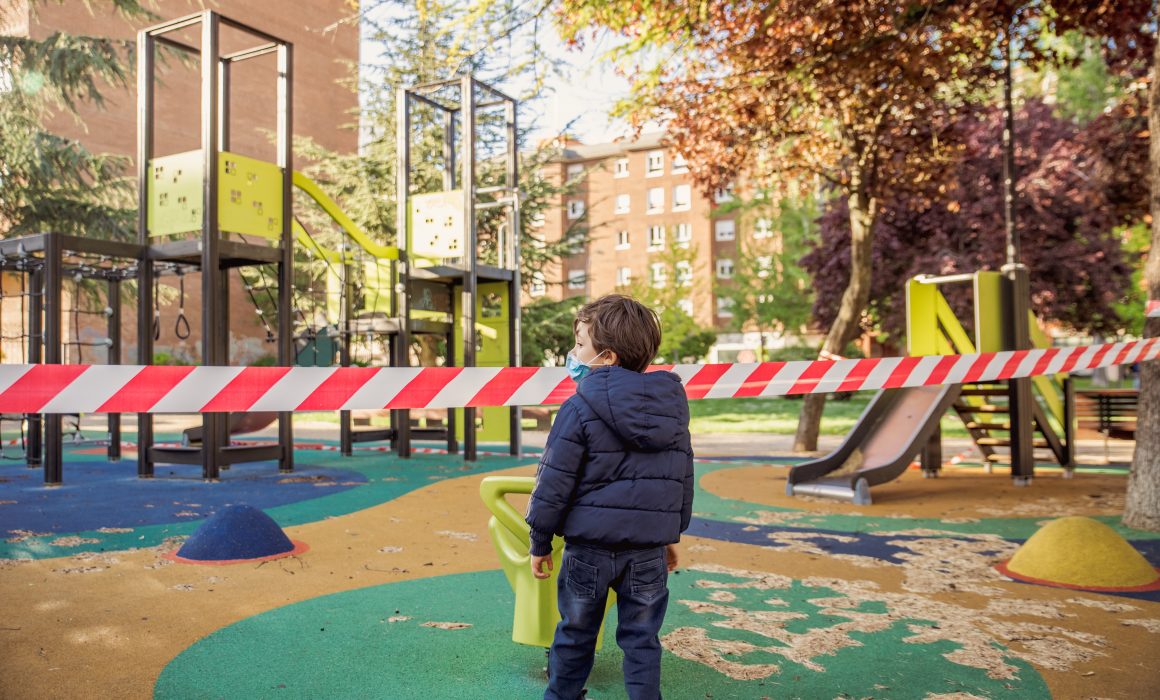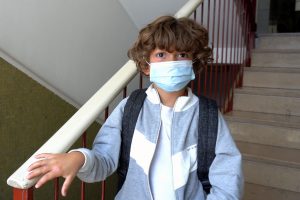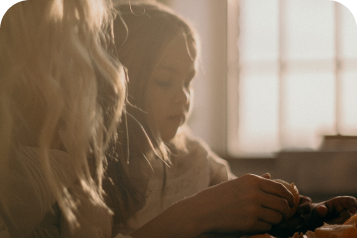
As we emerge from lockdown it is vital that we are providing meaningful support for our children and young people.

As we emerge from lockdown it is vital that we are providing meaningful support for our children and young people.

Author
CWCSHANNON
Published on
- November 5, 2021
Published on
- Blog
The last eighteen months are going to play a significant role in shaping our future generations and it is important that we remember these times.
The Plague of Justinian (Bubonic Plague), The Black Plague and the Spanish Flu are just unusual names to our children. And for many adults, are something they vaguely remember from History class. Yet, just over 100 years after the first case of Spanish flu, we are dealing with our own pandemic. COVID-19. And everything that comes with along with it – worry, loneliness, unemployment, isolation and the big one, lockdown.
The COVID-19 pandemic isn’t the first lockdown in the history world. The concept has existed for centuries to curb down various natural and man-made situations. Along with the pandemics previously mentioned, lockdowns were enforced during WWII, Chernobyl and in the immediate aftermath of September 11. It goes without saying that lockdowns, as a response to pandemics, war, terrorism or natural or technological disasters, have saved lives.
In Australia, we have experienced some of the harshest lockdowns in the world. In March 2020, Australian borders were closed to all non-residents and those residents who were lucky enough to make it home were required to spend two weeks in supervised quarantine. Since then, various states and territories also closed their borders, leaving us a country divided. Social distancing laws were introduced, and “non-essential” services were forced to close. Melbourne now holds the World Record for longest cumulative lockdown and Sydney has just emerged from almost four months of lockdown.
Navigating through life during the past 18 months has been extremely challenging for most adults. Juggling working from home and home schooling. Or perhaps finding themselves out of work due to budget cuts or being deemed “non-essential”. Or facing declining mental health with no face-to-face access to their support system. If, as adults, we are finding these times difficult, how are our children coping?
Last year when the first lockdown was announced, a lot of children thought it was great. A novelty that allowed them to not have to get up early and attend a full day of school. It was something new and, in a way, exciting. Fast forward to now and it is a completely different story. And the effects of these lockdowns will have far reaching impacts on our children.
It is well known that lockdowns have a significant impact on the metal health of the adult population. It is also becoming increasingly obvious that these lockdowns are having a major impact on the mental health of our children and young people. Overwhelming numbers of children felt the impact caused by the loss of friends, family, school, and usual activities. While media coverage often paints children and young people as heedless of COVID risk, some reports have indicated they are very concerned not only for their own health, but for the health of loved ones, including older people such as their grandparents.

While some managed well, most children and young people experienced a negative impact on their mental health and wellbeing. Loneliness, isolation, disruption of routines and coping mechanisms were coupled with the stress of remote learning, precarious employment, and unstable housing. Children and young people were also distressed by news and social media, with many having fears for their future. Broader safety concerns included increasing conflict, tension and violence within families. Young people have reported that their usual strategies for seeking safety, such as leaving the house, seeking relief at school, or staying with friends and extended family, have been cut off.
Remote learning has also posed challenges for children and young people, with its impact often dependent on the degree of support children and young people received. Students with good supports at home often enjoyed a positive experience with remote learning. Many children and young people have praised their teachers’ commitment and appreciated the support and communication. However, for vulnerable children already at risk of disengagement, the impact on their education could be devastating and permanent, and there will need to be a major effort and investment to address education gaps widened by the pandemic
As we emerge from lockdown it is vital that we are providing meaningful support for our children and young people. Routines, exercise, and healthy diets are all shown to have a positive impact on children. Understanding that returning to face-to-face learning can be scary and exhausting after so long at home. Most importantly, we need to remind our children (and ourselves) that these times will not last forever.
The last eighteen months are going to play a significant role in shaping our future generations and it is important that we remember these times. The good and the difficult. This pandemic will be for future generations what WWI, WWII and September 11 have been for previous generations. Our children are the ones that will carry the story of its impact. Who better to do so?


